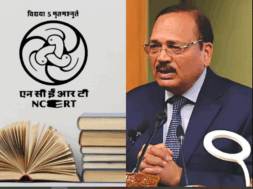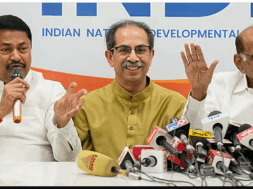
NEW DELHI, Oct 10: The women in the country can hope to be better protected if the police strictly adhered to the guidelines of investigating the cases of attacks on women.
In the wake of the nation-wide condemnation of the police action and behavior in the Hathras incident in Uttar Pradesh, the union home ministry on Saturday issued fresh guidelines to the police in dealing with cases involving atrocities against women. The police have been directed to strictly adhere to guidelines and adopt stringent action while dealing with cases related to crimes against women.
The Hathras police has drawn flak for allegedly intimidating the kin of the deceased, refusing to hand over the body of the victim to the family, and collecting forensic samples 11 days after the crime.
“It is requested that states/UTs may suitably issue instructions to all concerned to ensure strict compliance with the provisions in the law. It is also requested to monitor the cases on the Investigation Tracking System for Sexual Offences (ITSSO) to ensure that suitable follow up action is taken for charge-sheet of the guilty in a timely manner as required in the law,” the Union Ministry of Home Affairs (MHA) said.
It said the government has over the years taken steps to strengthen the legislative provisions to deal with such cases. “Even with stringent provisions in law and several capacity building measures undertaken, any failure of police to adhere to these mandatory requirements may not augur well for the delivery of criminal justice in the country, especially in context of women safety. Such lapses, if noticed, need to be investigated into and stringent action taken immediately against the concerned officers responsible for the same,” it said.
Explaining the guidelines and laws enacted to probe cases of sexual offences, the MHA told states to ensure mandatory registration of FIRs and take action against officers who refuse to register an FIR in cases of rape and other crimes against women. It also asked the police to treat the dying declaration of the victim as a matter of fact; ensure collection of evidence for forensic examination; use of Sexual Assault Evidence Collection (SAEC) kit; ensure completion of investigation of such cases within two months; and use of National Database on Sexual Offenders to identify and track repeat offenders.
The ministry had recently distributed SAEC kits to states for better investigations of sexual crimes through forensic evidence.
“The Directorate of Forensic Science Services (DFSS) under the MHA has issued guidelines for collection, preservation and transportation of forensic evidence in sexual assault cases for Investigation Officers and Medical Officers. In order to facilitate the State Police, Bureau of Police Research and Development (BPR&D) has issued Sexual Assault Evidence Collection (SAEC) Kits to every State/UT.
“It is necessary to use these SAEC kits in every case of sexual assault reported. MHA advisory dated 5 October 2020 in this matter may be referred. BPR&D and LNJN National Institute of Criminology and Forensic Sciences (NICFS) have been regularly conducting Training and Training of Trainers (ToT) programmes on procedure for collection, preservation and handling of forensic evidence for Police/Prosecutors and Medical Officers respectively,” the advisory said.
(Manas Dasgupta)













